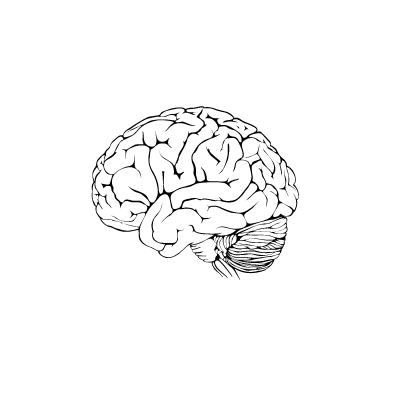How to master connection and make more sales
- Nov 8, 2016
- 4 min read

I recently spoke at a summit for sales professionals and in preparing for the presentation, I gathered some interesting facts about what customers value most in salespeople, and its not what you might think. Customers are no longer focussed on the salesperson being the expert. Empathy, emotional support and thoughtful touches are the qualities that are now highly valued. When salespeople achieve a personal connection, they are more likely to be described as excellent or exceeding expectations, and are more likely to receive referrals. So lets look at connection and how we can get good at it.
Human beings are wired for connection.
From the very moment we are born we search for connection. As newborns, we look to the faces of our parents to pick up on non-verbal cues and learn our first skills in communication. In the virtual world, we see it in our obsession with social media, where each minute:
Facebook users like 4,166,667 posts
Tinder users swipe 590,278 times
Instagram users like 1,736,111 photos
Twitter users send 347,222 tweets Data from Domo, Data Never Sleeps 3.0
From an evolutionary perspective our brain knows that our survival is more likely if we create social connections. This means sharing resources, learning from each other and uniting against a mutual threat. This is why we formed tribes in primitive times. Socialisation is also thought to be why the human brain has evolved to be more sophisticated than any other animal on the planet.
Humans beings want connection but what exactly is it?
Brene Brown describes “Connection” eloquently as:
“the energy that is created between people when they feel seen, heard and valued”
I love that she describes it as "energy". We’ve all had that feeling when we meet someone for the first time and just “click”. We feel excited and joyful. We wonder where this excellent person has been all our lives. That is the feeling of connection in its greatest form. Not every connection will hit these highs of course. It can also be just a general sense of wellbeing, comfort and safety. This is more what we are aiming for in a sales setting. We want to establish trust, which is born through connection.
We can all be good at connection
The potential to connect is present in all of us. That said, some adults are natural connectors and others find it more challenging. Natural connectors may have this skill because they had great role models as they were growing up, or have experienced greater benefits from connecting with others. I remember as a very young child when I first started responding with “I’m fine, how are you?” when an adult asked me how I was. Those funny adults thought it was dreadfully cute, and told me I was gorgeous and so I kept doing it. This is how behaviours get reinforced and embedded as habits.
For those who find connecting more challenging, there is hope. Our brains are very plastic. We can create new pathways and learn new skills and behaviours by giving them focus. It is a question of mindset. First you must believe that you have the ability to create great connections (which we already know you do), next, you need to practice.
So how do we master connection to make more sales?
Listen and watch : Our words account for 30% of our communication. Yes, we must be listening to those words, but just as important, (and often overlooked), is our non-verbal communication. Our tone of voice, body language, facial expressions, and our posture represent 70% of our message. We must develop “Sherlock-like” powers of observation to uncover the full story.
Practice perspective taking: It is natural for us to process information through our own frame of reference or through the lens of our own experience. In doing so, we apply our own biases and opinions. However, in order to truly understand your customer, we need to walk in their shoes. So look at the situation from their perspective. Don't assume knowledge. The solution that seems obvious to you, might have not even occurred to them.
Understand individual preferences : People are triggered into positive and negative states by different things, based on their own personal experience. These sensitivities will have an impact on how comfortable they feel, and whether they want to do business with you. Uncovering what these triggers are for your client is critical to establishing effective communication and keeping your customer on side.
Be vulnerable : When my dog wants to show another dog that he is friendly, he rolls over and shows his belly. Whilst taking this advice literally is probably not the way to go in a professional setting, showing that you are a friend by sharing your own experiences, and showing alignment with your client’s emotions is a powerful tool to develop trust.
Tell stories : People love stories. Storytelling has been the vehicle of connection for millions of years. If you want to engage your client and have them really understand what you are communicating to them, storytelling is the key. Sharing stories of your own past success is also a great way to develop credibility and prove expertise.
If you want to learn more about developing the skills of connection to enhance your client engagement and drive your sales success, Diane delivers workshops and has a personal mentoring program on “Connection Selling.” For more information visit www.clevermindsconsulting.com.au or email diane@clevermindsconsulting.com.au























Comments